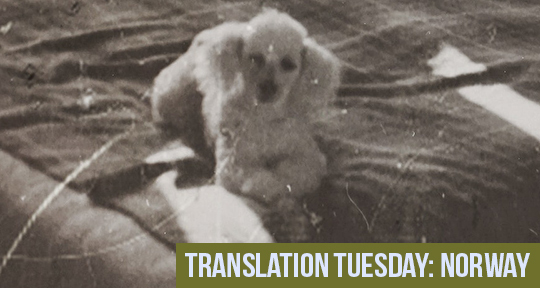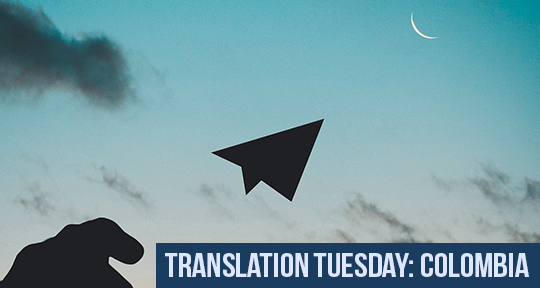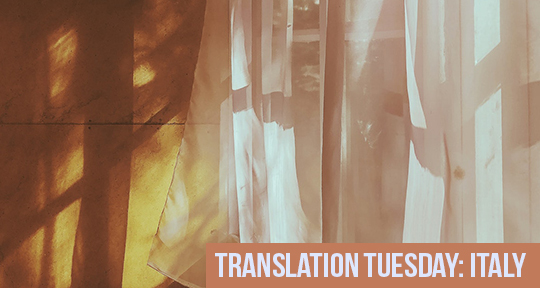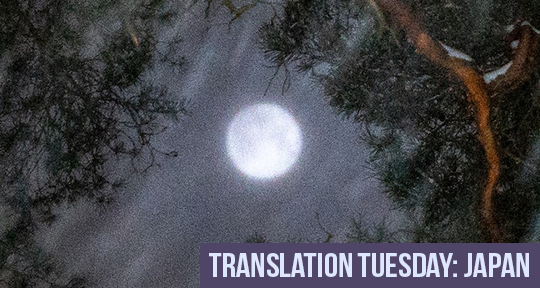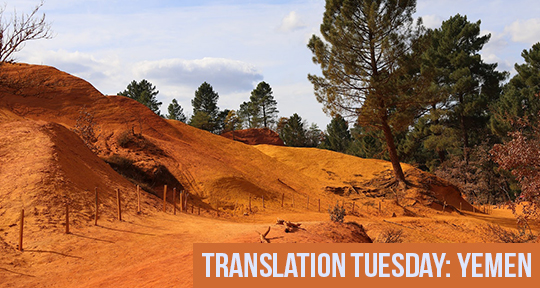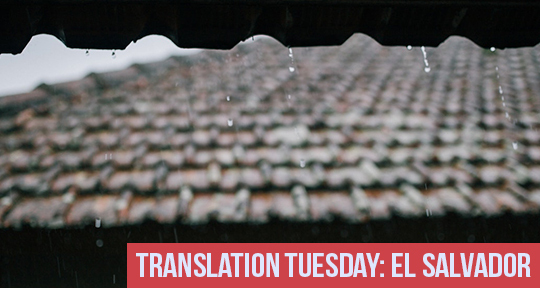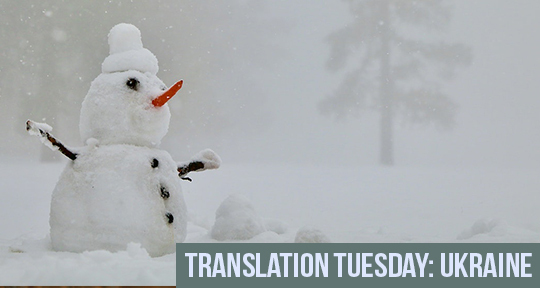The mystery of an abandoned horse, and what thoughts its mind might contain, are the subject of this week’s Translation Tuesday feature. With the acuity that earned him his Nobel Prize, Luigi Pirandello pores over its gaunt, overworked body and peers into its blankly staring eyes, searching for traces of animal thought.
The stable is there, behind the closed door, just past the entrance to the rustic, downward-sloping courtyard with its worn cobblestones and water tank in the center.
The door has become porous. It was green once, but now it has lost almost all its color, like the house, with that pale-yellow plaster, which makes it look like the oldest and most miserable one in the suburb.
This morning at dawn, the door was locked from the outside with a huge rusty chain, and the horse that was in the stable was taken out and just left there. Who knows why? With no reins, or saddle, or saddlebag, without even a halter.
He’s been standing there patiently, almost immobile, for a long time. Through that door, he can smell his stable, right there, close by, and the courtyard. And when he breathes in through his dilated nostrils, it’s as if he’s sighing.
With every sigh there comes, curiously enough, a nervous twitch of the hide on his back, where the mark of an old saddle can be seen.
Free as he is from any kind of horse tack, his head and his whole body, it’s easy to see what time has done to him: His head, when he lifts it, is noble still, but sad. His body is pitiful: the back is knotted; his ribcage sticks out; his flanks are pointy. His mane, however, is still thick and his tail, although somewhat thin, is long.
A horse that can be of no use anymore, to be honest.


